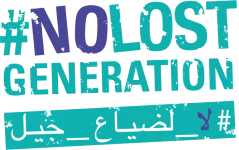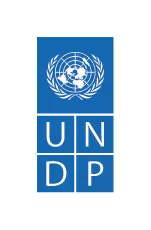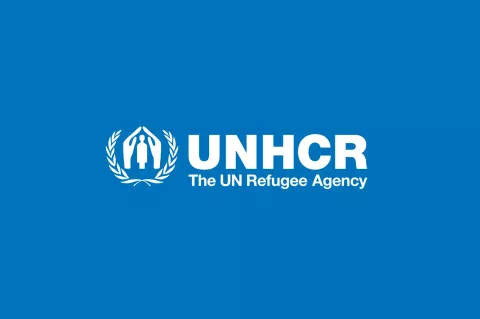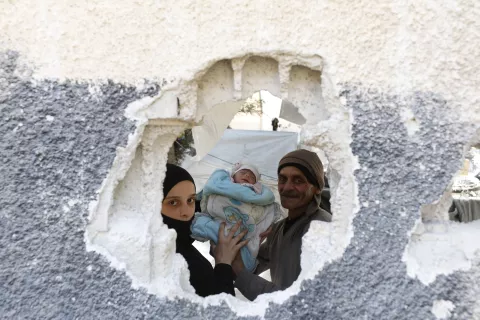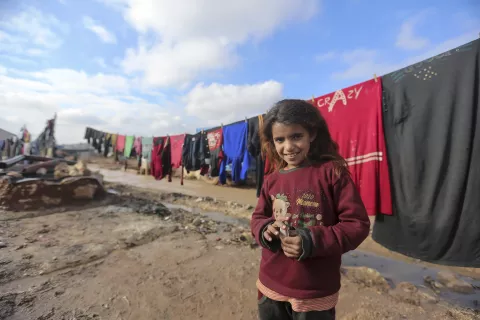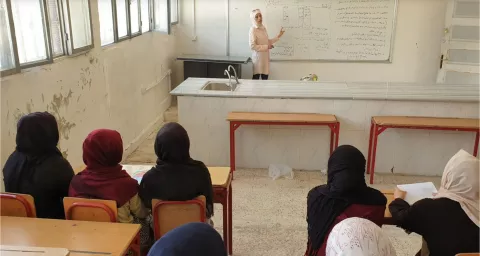What does an education mean for a refugee?
UNDP
No Lost Generation is marking the 10th year of crisis inside Syria with a series of blog posts shedding light on the comparative situation of children. Publishing one blog post a day, we will underline the needs of children and youth affected by the Syrian crisis and share the experience of our partners responding to their plight. We need to redouble our efforts and rethink our interventions, to shape a better future for 10.7 million children.
With 4 million refugees and asylum seekers coming from Syria, Iraq, Afghanistan, Iran, Sudan and other countries, Turkey has been hosting the largest refugee population in the world since 2015. Gaziantep, like many other neighboring provinces to Syria, was among the ones most affected by the humanitarian crisis as Gaziantep had lost its commercial, cultural, and historical ties with its sister city, Aleppo, after the war.
Today, in the 10th year of the Crisis, Syrians are contributing more and more to the Turkish economy with their investments, businesses and their potential to create new jobs for both refugees and host community members. Over 15,000 Syrian owned businesses have been established so far in Turkey and 1 million Syrians are estimated to be already in the labour market.
UNDP, UN Agencies and NGOs are working on creating decent working conditions and opportunities for both Syrians and host community members, while breaking stereotype of seeing Syrians as a cheap labour force. Syrians like Muhammed Faysal Kadı are already boosting the export potential of local economies, with their language skills, their educational background and professional experiences.
Faysal is working as “trade specialist” at a Turkish manufacturing company. He contributes to export operations of his workplace with his language skills and educational background, including the specialized training on “foreign trade and market intelligence” organized by UNDP Turkey and its local partners Gaziantep Chamber of Industry.
"With training or education activities, sustainable improvement can be better achieved as this empowers individuals to stand on their own feet."

Faysal was born in 1997 and was living in Aleppo when the war has started. He had to leave school at 9th grade and start to work to support his family of his father, mother and two younger brothers. When they decided to leave Syria and came to Turkey in 2014, it was already two years that he was away from school.
When they first arrived in Gaziantep, he wanted to resume his education but starting a new life in a foreign country and the language barrier prevented him from doing so. He and his brother started to work to support their family, along with their father. It took two years for him to go back to school in Turkey in 2016, after having settled and becoming financially self-reliant as a family.
In 2016, after four years away from school, he managed to finish high school and achieved to be enrolled at Gaziantep University. Faysal is currently a 4th year International Trade and Logistics student at Gaziantep University and he will be graduating this year.
Faysal was following all the training opportunities to improve his skills. He saw the advertisement of “Foreign Trade and Market Intelligence Training”, organized by UNDP Turkey and its local partner Gaziantep Chamber of Industry on Facebook. The training was designed to combine both training and employment, as the trainees are matched with the companies that are looking for trade specialists. Faysal, after passing the online interview, was paired with companies and subsequently received an offer from one of them, where he started working simultaneously with the training in 2020.

He has unofficially worked in retail stores before, but this is his first formal job in a company. He is concentrating on learning and experiencing more of what he already has. In Faysal’s words, “Financial aid is important. With training or education activities, sustainable improvement can be better achieved as this empowers individuals to stand on their own feet. The financial aid’s effects may be lost on people over time, as people do not build on it. With a training one learns and with the knowledge one is able to improve.”
“Now it is time for me to concentrate on my English. I have already enrolled in Business English classes during the weekend, as I see it as a necessity to improve my professional skills and reach my career goals. My aim is to establish my own company and business-wise, I am planning to accumulate more experience in international trade, attend further trainings if possible, and focus on clothing products such as socks and shoes in my future business, as I used to work in this sector in Syria.”
About UNDP
UNDP works in about 170 countries and territories, helping to achieve the eradication of poverty, and the reduction of inequalities and exclusion. We help countries to develop policies, leadership skills, partnering abilities, institutional capabilities and build resilience in order to sustain development results. For more information about UNDP and its work, visit UNDP in the Arab States and on Facebook, Twitter, and YouTube.
